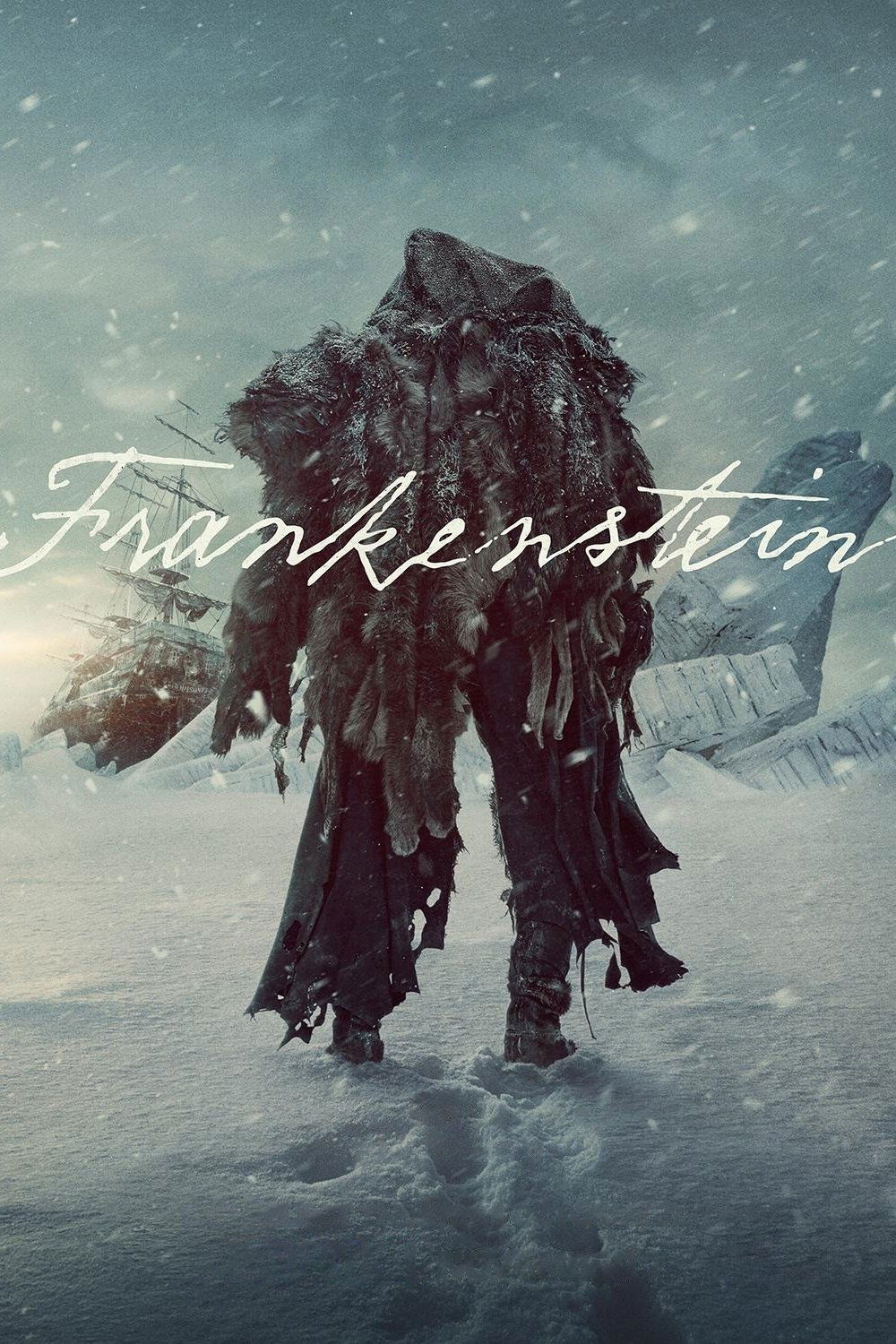
VOLUME ONE | ISSUE TWO
Wednesday, October 29, 2025
A Word From The Editorial Director
What I love about THE GAME already is our newsletter’s diversity of voices, storytelling, perspectives. In this issue alone we have 15-year-old Heru riffing on his love of gaming, Alexys Feaster exploring the legendary game of Spades, Michael Cohen waxing poetic about why he and his wife have left America for Paris, and former NBA player and current media personality Etan Thomas exploring the word game through his unique lens. Plus a cool new pop culture section with cool nuggets we are introducing this issue.
This is how we do with THE GAME. We take the word and remix it, again and again. Check it out….
Kevin Powell, The Game Editorial Director, is a GRAMMY-nominated poet, humanitarian, author of 16 books, filmmaker, and writer of forthcoming biography of Tupac Shakur.
THE NEW RULES
Beat the Game: A Teenager’s Perspective on a Gaming Lifestyle

Heru Sa Shekhem
You can draw various similarities between a video game and the real world. You start off unfamiliar with your surroundings, not able to process much and limited to simpler goals and accomplishments. But later, it is possible to reach the “next level” and progress further in your abilities. Throughout the experience, you learn, become persistent, and excel in your field. However, you still have to be sure that you're making the right decisions at the right time. Otherwise, it could be “Game Over” for you. Here is the cheat code from a gaming teenager to ensure you advance and, in essence, achieve your goals and beat the game.
As a teenager who thoroughly enjoys video games and what comes with it, I find it satisfying to get home on a tedious day of school to have the luxury of powering on my console to play some on my favorite games. They are included, but not limited to titles like Fortnite, Madden NFL 25, and NBA 2K26. Contrary to popular belief from people who don’t quite understand the nature of gaming, I can confidently say that I have learned some valuable lessons from playing these games.
In regard to sports-oriented games, not only do I play them virtually, but I play them in real life, and I am currently on my school’s JV basketball team. Learning to lose gracefully in Madden NFL 25 helped me to lose gracefully back when I played flag football. Learning to be respectful towards my online peers in NBA 2K26 helped me to respect my teammates on the basketball court. Believe it or not, I had a big issue with my anger management whenever I got eliminated or lost a match in Fortnite. I had to develop a sense of acceptance towards things that were out of my control. Even then, I was still able to load back into another match right after that anyway. It goes to show the unseen or overlooked positive effect playing a video game can have on an adolescent such as myself.
In the end, we all need some type of guidance at some point in our lives. For individuals who play video games, we find ourselves at peace and feeling a sense of fulfillment after the fact. Life can throw seemingly impossible obstacles to overcome, and I believe that gaming can better equip someone with tendencies to overcome these obstacles.
My name is Heru Sa Shekhem. I am a 15-year-old sophomore in high school living in Miami, Florida.
Our Big Move

Michael Cohen
What do you do when you find yourself swimming in a red sea—politically and financially? That’s the dilemma that my wife, Margaret, and I faced after last year’s elections. With affirmed belief in Tip O’Neill’s reminder that “all politics is local,” I spent considerable time during 2024 working to improve the recent abysmal results in Suffolk County on Long Island. With little or nothing to show for my efforts, I found myself frustrated and concerned about the future of democracy on Long Island, and, indeed, in America.
For those who do not know, studies show Long Island to be the most segregated place in the country, and we felt increasingly isolated there. We love New York City and spend a considerable amount of time taking in the cultural advantages of the greatest city on earth, which we access with a one-hour trip on the Long Island Rail Road.
We lived in the massive house on Long Island where my wife grew up with her five siblings, and that we moved into twenty-four years ago to help care for her parents in their final years. Built in 1885 and purchased by her mother and father in 1964, the home’s taxes could only be described as insane. As we took on the additional responsibilities of paying for repairs and upkeep, we knew that we needed to make a course correction.
Our daughter, Jessica, gave us a suggestion: move to France and spend more time with her family, including our only grandchild, Auguste. What could be more important than that? The idea sounded great! We loved it. But should we break completely from the place we both spent most of our lives in?
Ultimately, we determined that we could not leave behind our family and friends in America. Better to sell our home and rent apartments on Long Island and in Paris.
With that step, we began the journey of more than a thousand miles. The next year required us to do the seemingly impossible—starting with cleaning out the home that held so many memories, not to mention the innumerable objects that accumulated over the course of sixty years.
We now occupy three-room apartments on Long Island and in Paris. Quite a change from a twenty-room family home on a lake! At each turn, we faced obstacles in two countries. At our daughter’s suggestion, we signed a contract with a relocation firm that assisted us in navigating the myriad intricacies of the French bureaucracy. Life is good and getting better!
Michael Cohen spent over four decades as an educator. He now splits his time between New York and Paris, where he and his wife, Margaret, spend joyous hours with their grandson, Auguste, and his mommas.
|
>> CHECKPOINT << What we are looking at every week.
PRESS START TO CONTINUE... |
GAME TIME
A Spades Story

Alexys Feaster
Does anyone else feel a slight tinge of anxiety when at a game night, cookout or meet up and there’s a deck of cards on the table or invitation to play spades? No? Just me?
Ok. You don't have to admit it, but my field research, aka my instinct, tells me that I’m not alone!
Other newer games, like Blebrity, Taboo, Hella Awkward and more, offer us the opportunity to get to know each other with vulnerability, insights and open dialogue—the vibe around spades hits a bit different. Spades feels historic. Spades is important. And nobody, especially me, wants to be bad at something historic and important!
I recently hosted a game night in Miami, because that's what we do. My guests filtered in and were immediately greeted by a table with several decks of cards. One by one, the reaction was the same, mostly "Oh, we’re playing spades?!" A few minutes later, with a noticeably softer and humble tone, a few other guests mumbled, "Oh, I hope no one asks me to play."
All eyes turned to me, and I was up next to answer. I had the sinking feeling that my Black card should be revoked because heads quickly turned to look at the floor and everyone averted my eye contact when I admitted that I didn’t know how to play. Sheer embarrassment and shrieks of horror filled the room. Well at least they did in my mind.
Luckily, at this particular game night, it wasn't just me. My revelation had given courage to a few other guests, and there was a weird comfort and relief in that. One guest, having never intended to divulge her truth, admitted that she watched a ton of spades tutorials before arriving to try and lessen her personal anxiety around being Black and not knowing how to play. I was not alone!
With that admission, one eager guest, aka the OG, and major executive of a top sports franchise, offered to teach us “non-players.” Another "pro" quickly declared that this is not the time to teach—you either know how to play today, or you don’t. It was my game night, so I intervened. We agreed on a few practice rounds.
As we gathered around the reluctant OG eventually joined a team. The ground rules were explained, rules of the night agreed upon (big joker beats little joker) and the practice round commenced. I won’t go through the play by play but, eventually, the crescendo that occurs when spades is working happened and bonded us with the joy and clarity of why spades hits different. But then what happened next caught us newbies off guard as we were thrown into advanced territory and didn't know if we liked it.
The OG, in the midst of the very next practice game, that he was helping to coach non-players through, threw down a card that won the hand, turned to the rookie, his student, his friend, his colleague, a C-suite professional at another sports organization, and my guest, and yells “Take that, you Bitch-ass Bitch!"
We clutched our pearls! What in the name of? Shrieks filled the room, this time not in my head. The woman, taken aback, calmly collected herself and said, "That wasn't called for." The table braced for a confrontation while hoping for an apology. But neither came. The OG, unbothered and nonchalant, just responded, "This is how I play spades." He looked around the table quickly then focused back on his hand. Our training wheels had been taken off on our first bike ride, and we were somehow barreling down the mountain.
The rookies, including myself, were no longer excited to learn in the field how to play, regardless of how it might enhance our Black cards. We didn't have enough experience for that moment to not come off as rude.
Maybe in the future, after some lesser scolding we'll be ready for that level of engagement, but at that moment, spades went back to just being a game. I was just as Black as I have always been, and just had my first great story of a game I've heard about my whole life and now know how to play.
Alexys Feaster is a visionary strategist and creative force with 20 years of experience shaping the holistic development and growth of athletes, influential leaders and organizations. As the Founder of The Kinship Advisors, her work involves providing clients with coaching and resources beyond their respective platforms and collaborating on how to engage as leaders in business, community and as advocates for impact.
LEADERBOARD CHAT
|







